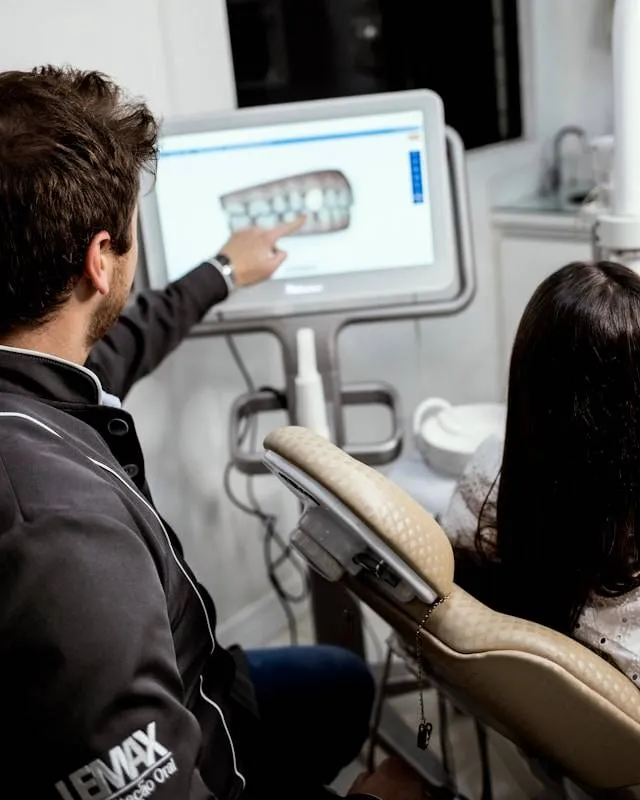
-
Monday - Saturday: 8am - 12pm ; 2pm - 8pm
Sunday: 8am - 12pm - Make an appointment
- [email protected] Contact us

Monday - Saturday: 8am - 12pm ; 2pm - 8pm
Sunday: 8am - 12pm
Zygoma Implants are used in patients whose upper jaw bone is too limited to support conventional implants. Zygoma implants are longer and anchored to the cheekbone rather than the jawbone. This method helps patients avoid bone grafting. Once installed, the implants can support dentures.
Dental implants are a common solution for tooth loss or severe dental trauma. Traditional dental implants work well for most people. However, those with insufficient upper jaw bone may not be candidates for this method. Therefore, the dental industry has developed the technique of cheekbone implants for such customers.
Zygoma Implants, named after the cheekbone, are a stronger, longer-lasting dental implant for people with missing upper jaw bone. Zygoma Implants extend beyond the jawbone and anchor into the solid cheekbone, creating a solid foundation for artificial teeth.

Zygoma Implant or Zygomatic Implant
Patients who have significant upper jaw bone loss due to periodontal disease, trauma, aging, or the use of dentures are suitable candidates for zygomatic bone grafting. When traditional dental implants cannot be placed due to insufficient jaw bone, zygomatic bone grafting is the solution. They also benefit patients who cannot or do not want to undergo bone grafting to develop enough bone for standard implants.
Zygomatic implants provide immediate function and aesthetics to the molars. Zygoma implants do not require bone grafting, reducing treatment time and complications. They last longer because they are anchored to the cheekbone, helping to prevent bone loss.
Zygoma Implants are more complex than standard implants and require additional training to perform the procedure. Depending on the patient’s needs and bone quality, one or two implants are placed on each side of the upper jaw.
Surgery typically requires general anesthesia. Implants are precisely placed into the cheekbone using careful planning and modern surgical techniques to optimize load distribution and minimize problems.
In short, zygomatic bone implants have transformed the way dentists treat severe maxillary bone loss. The ability to provide immediate function and aesthetics, prevent bone grafting, and provide a long-term solution has opened up a new avenue for individuals who were previously unsuitable for dental implants.
However, due to the complexity of the procedure, a professional Zygoma Implant dentist is required for the best results.

1. Our websites and newsletters are not intended to replace the services of a physician and do not constitute a doctor-patient relationship. They are for informational purposes only and are not a substitute for professional advice. Please do not use the information
2. The Vietnamese version is the main version, which has reference value. We have tried our best to make the other versions (English, Japanese, Korean) as good as possible. However, there are still errors, especially in foreign languages. We hope that readers will inform us of such errors via the contact form or at [email protected] . We thank you for your valuable help.
© 2025, Sakura Dental Clinic . All Rights Reserved.